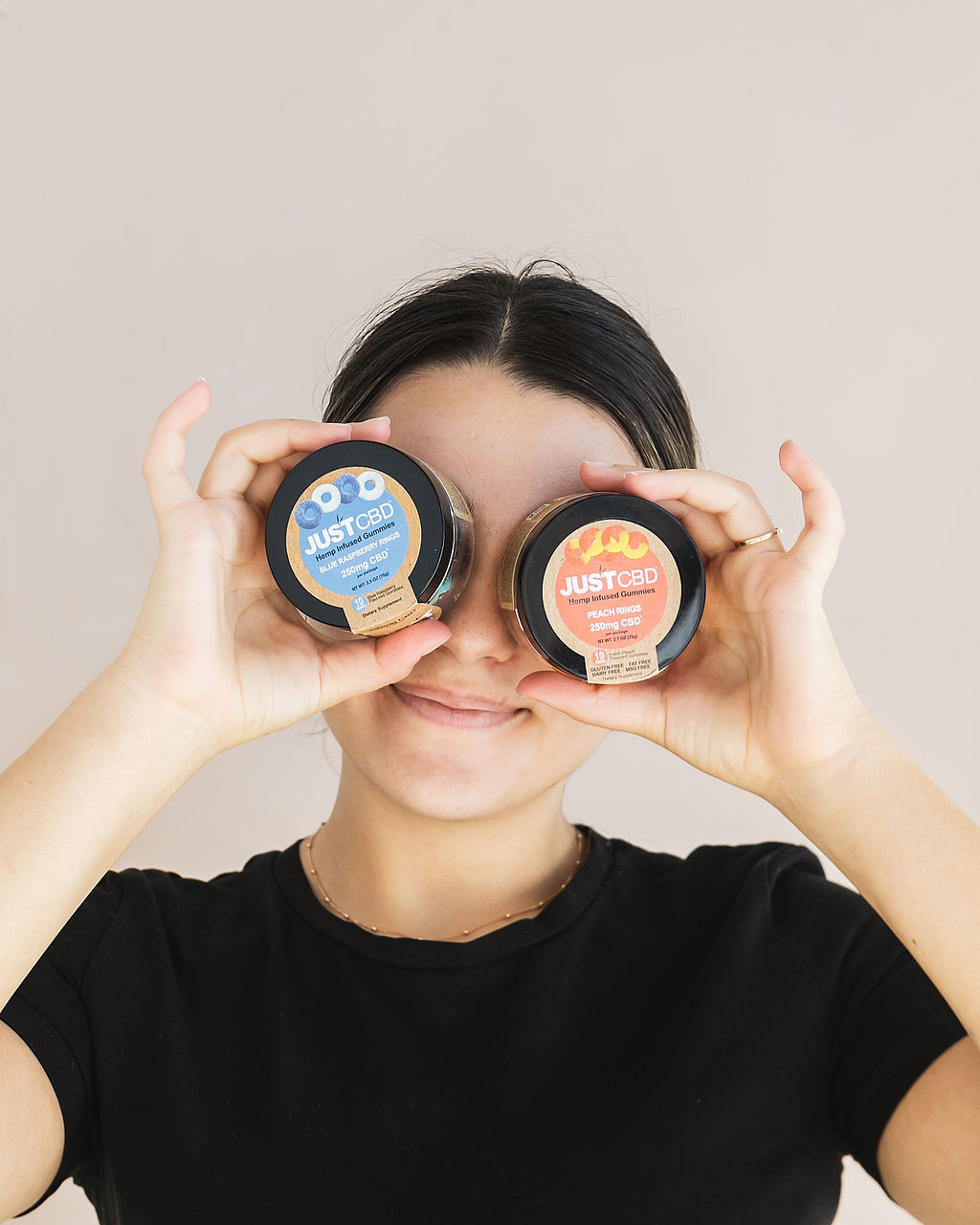Understanding Kratom’s Effects on Anxiety
Kratom, a tropical tree native to Southeast Asia, has gained popularity as a natural remedy for various ailments, including anxiety. Its effects are attributed to alkaloids like mitragynine and 7-hydroxymitragynine, which interact with opioid receptors in the brain. However, understanding how kratom affects individuals differently and finding the optimal dosage is crucial for safe and effective anxiety relief.
Different Strains and their Properties

Kratom’s impact on anxiety can vary depending on individual factors such as body weight, tolerance, and the specific strain consumed. Some strains, like Maeng Da, are known for their energizing effects and might exacerbate anxiety in some individuals. Conversely, strains like Bali or Thai kratom are often associated with calming properties and may offer relief from anxiety symptoms.
Determining the right dosage is essential. Starting with a low dose of 1-2 grams and gradually increasing until desired effects are observed is recommended. It’s important to listen to your body and avoid exceeding recommended dosages, as excessive intake can lead to adverse effects like nausea, dizziness, or drowsiness.
It’s crucial to consult with a healthcare professional before using kratom, especially if you have pre-existing medical conditions or are taking other medications. They can provide personalized guidance on appropriate dosage and potential interactions.
Factors Influencing Individual Response
The effects of kratom on anxiety can be multifaceted and vary significantly between individuals. This variability stems from a combination of factors, including body weight, metabolism, individual tolerance levels, and the specific strain of kratom consumed.
Some kratom strains, such as Maeng Da, are known for their stimulating properties which may worsen anxiety symptoms in susceptible individuals. Conversely, other strains like Bali or Thai kratom are often associated with calming effects that can potentially alleviate anxiety.

Given this variability, it’s crucial to approach kratom use cautiously and determine the optimal dosage through a gradual process of experimentation. Starting with a low dose of 1-2 grams and carefully observing its effects is advisable. It’s essential to listen to your body and avoid exceeding recommended dosages, as excessive intake can lead to adverse effects.
Determining Your Starting Dose
Determining the right kratom dosage for anxiety relief is a crucial step in ensuring both safety and effectiveness. Kratom’s impact on anxiety varies greatly from person to person due to factors like body weight, metabolism, tolerance, and the specific strain consumed.
General Guidelines for Beginners
Beginning with a low dose of 1-2 grams is recommended for those new to kratom. Gradually increase the dosage until desired effects are achieved.
It’s important to pay attention to your body’s response and avoid exceeding recommended dosages, as excessive intake can lead to adverse effects.
Consulting a healthcare professional before using kratom is crucial, especially if you have pre-existing medical conditions or are taking other medications.
Factors to Consider When Setting Your Initial Dose
Determining the right kratom capsule dosage for anxiety relief requires careful consideration of individual factors.
- Body weight:
- Tolerance levels:
- The specific strain of kratom consumed:
It’s essential to start with a low dose, typically 1-2 grams, and gradually increase until the desired effects are achieved.
Closely monitor your body’s response and avoid exceeding recommended dosages, as excessive intake can lead to adverse effects.
Consulting a healthcare professional is crucial before using kratom, especially if you have pre-existing medical conditions or are taking other medications.
Adjusting Your Dosage Based on Experience
Determining the right kratom capsule dosage for anxiety relief requires careful consideration of individual factors. Factors such as body weight, tolerance levels, and the specific strain of kratom consumed all influence how the substance affects an individual.
Monitoring Your Body’s Response
Determining the right kratom capsule dosage for anxiety relief requires careful consideration of individual factors. Factors such as body weight, tolerance levels, and the specific strain of kratom consumed all influence how the substance affects an individual. It’s essential to start with a low dose, typically 1-2 grams, and gradually increase until the desired effects are achieved.
Closely monitor your body’s response and avoid exceeding recommended dosages, as excessive intake can lead to adverse effects.
- Begin with a low dose of 1-2 grams.
- Gradually increase the dosage until desired effects are achieved.
- Pay close attention to your body’s response and adjust accordingly.
Increasing or Decreasing Dosage Gradually
Adjusting your kratom dosage based on experience is crucial for finding the right balance between effectiveness and safety.
If you find that a particular dose isn’t providing sufficient relief from anxiety, gradually increase it in small increments. Conversely, if you experience any adverse effects such as nausea, dizziness, or drowsiness, decrease your dose.
- Increase dosage gradually, starting with increments of 0.5 grams to 1 gram.
- Wait at least a few hours between dose adjustments to observe the effects.
- Be patient and listen to your body’s signals.
Safety Precautions and Considerations
Before using kratom for anxiety relief, it’s essential to understand the potential risks and take necessary precautions. Kratom can interact with other medications and may have adverse effects on individuals with pre-existing health conditions.
Potential Side Effects of Kratom
Kratom’s impact on anxiety can vary greatly depending on individual factors such as body weight, metabolism, and the specific strain consumed. Some strains might exacerbate anxiety in some individuals while others could offer relief. It’s crucial to start with a low dose of 1-2 grams and gradually increase it until you find the appropriate level for your needs.
Potential side effects of kratom include nausea, dizziness, drowsiness, constipation, and itching. In some cases, excessive use can lead to more serious issues like liver damage or addiction. If you experience any adverse effects, discontinue use and consult a healthcare professional.
Before using kratom for anxiety relief, it is essential to consult with a healthcare professional, especially if you have pre-existing medical conditions or are taking other medications. They can provide guidance on appropriate dosage, potential interactions, and personalized advice based on your individual circumstances.
Interactions with Medications
Safety precautions and considerations are paramount when using kratom for anxiety relief. Kratom’s interaction with opioid receptors in the brain can lead to various effects, and its impact varies significantly between individuals.
It is crucial to consult a healthcare professional before using kratom, especially if you have pre-existing medical conditions or are taking other medications. They can assess potential risks, interactions, and provide personalized guidance on safe dosage.
Start with a low dose (1-2 grams) and gradually increase it while monitoring your body’s response. Be attentive to any adverse effects like nausea, dizziness, drowsiness, or constipation. If these occur, reduce the dose or discontinue use.
Kratom can interact with medications, including antidepressants, pain relievers, and sedatives. Inform your healthcare provider about all medications and supplements you are taking to avoid potential complications.
Be aware that excessive kratom use can lead to dependence, addiction, and serious health problems. It’s important to use kratom responsibly and within recommended guidelines.
Responsible Use Guidelines
Safety precautions and considerations are paramount when using kratom for anxiety relief. Kratom’s interaction with opioid receptors in the brain can lead to various effects, and its impact varies significantly between individuals.
It is crucial to consult a healthcare professional before using kratom, especially if you have pre-existing medical conditions or are taking other medications. They can assess potential risks, interactions, and provide personalized guidance on safe dosage.
Start with a low dose (1-2 grams) and gradually increase it while monitoring your body’s response. Be attentive to any adverse effects like nausea, dizziness, drowsiness, or constipation. If these occur, reduce the dose or discontinue use.
Kratom can interact with medications, including antidepressants, pain relievers, and sedatives. Inform your healthcare provider about all medications and supplements you are taking to avoid potential complications.
Be aware that excessive kratom use can lead to dependence, addiction, and serious health problems. It’s important to use kratom responsibly and within recommended guidelines.
Alternative Anxiety Management Strategies
Alternative anxiety management strategies offer individuals a wider range of options for coping with this common mental health challenge. While traditional approaches like therapy and medication remain valuable, exploring natural remedies and lifestyle modifications can provide additional support and promote overall well-being.
Complementary Therapies and Lifestyle Changes
Alternative anxiety management strategies encompass a variety of approaches that aim to reduce symptoms and improve overall well-being. These strategies often focus on holistic wellness, addressing the physical, emotional, and mental aspects of anxiety.
Complementary therapies, such as yoga, meditation, acupuncture, and aromatherapy, can be incorporated alongside traditional treatments to complement conventional approaches.
Lifestyle changes play a crucial role in managing anxiety. Implementing stress-reducing practices, such as regular exercise, sufficient sleep, and a balanced diet, can significantly contribute to reducing anxiety levels.
Mindfulness techniques, like deep breathing exercises and meditation, promote relaxation and help regulate emotional responses to stressors.
Engaging in enjoyable activities, connecting with loved ones, and prioritizing self-care are essential for building resilience and coping mechanisms against anxiety.
Professional Guidance for Anxiety Treatment
Alternative anxiety management strategies offer individuals a wider range of options for coping with this common mental health challenge. While traditional approaches like therapy and medication remain valuable, exploring natural remedies and lifestyle modifications can provide additional support and promote overall well-being.
Alternative therapies encompass a variety of approaches that aim to reduce symptoms and improve overall well-being. These strategies often focus on holistic wellness, addressing the physical, emotional, and mental aspects of anxiety.
Complementary therapies, such as yoga, meditation, acupuncture, and aromatherapy, can be incorporated alongside traditional treatments to complement conventional approaches.
Lifestyle changes play a crucial role in managing anxiety. Implementing stress-reducing practices, such as regular exercise, sufficient sleep, and a balanced diet, can significantly contribute to reducing anxiety levels.
Mindfulness techniques, like deep breathing exercises and meditation, promote relaxation and help regulate emotional responses to stressors.
Engaging in enjoyable activities, connecting with loved ones, and prioritizing self-care are essential for building resilience and coping mechanisms against anxiety.
Shop the best Kratom capsules for stamina
- Heteroflexibility Navigating Attraction Beyond Strict Orientation Labels - September 8, 2025
- How to Become a Porn Star It’s Easier Than You Think! - September 8, 2025
- Demigender and how non-binary identities are reshaping the dating world - September 8, 2025
